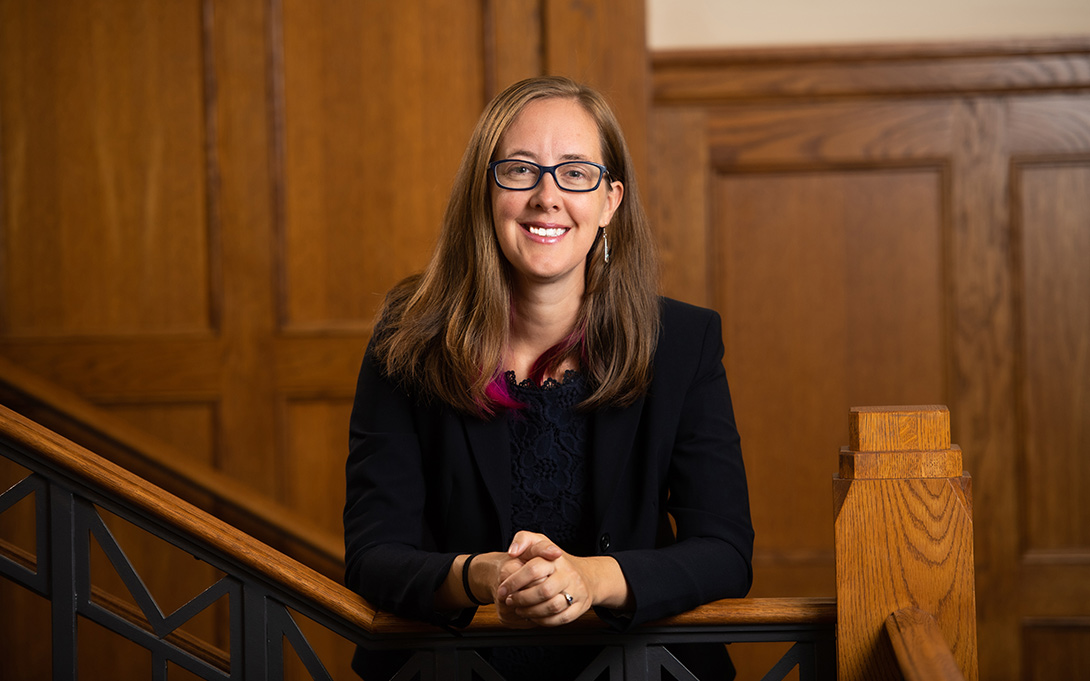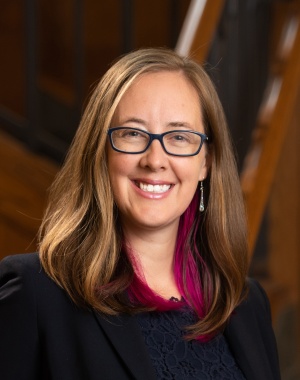
The United States’ struggle to build electricity transmission capacity connecting low-cost producers has environmental and economic consequences for energy companies. Ford School Associate Professor Catherine Hausman spoke to Resources Radio about her recent research that examines the types of companies that stand to gain or lose revenue if more transmission is built, and how companies that stand to lose revenue from more transmission are preventing the construction of new transmission at the expense of customers and the environment.
Hausman found that transmission constraints are costing Americans. Between 2016 and 2022, this totaled $2 billion in excess costs, primarily because of the inability to transmit collected wind power to where people would want to use it.
Hausman explained that increasing energy transmission would create corporate winners and losers and a host of policy implications. Hausman observed that four companies in her sample that would lose the most from free-flowing electricity would have collectively earned nearly $2 billion less in 2022. Hausman also found that many of these companies that would experience the most losses from transmission integration were primarily located in the Gulf Coast region.
Renewable energy producers have accused power companies in this area of intentionally ”blocking new transmission lines using a variety of tactics that are completely legal doing what companies do best, which is maximizing profits.” Hausman noted two examples of when there were delays in building transmission lines, two new large natural gas plants were built that made the transmission lines unnecessary. Situations like these emphasize how what can be best for these companies is more often than not “what’s best for society as a whole”.
“I think that the challenge for policymakers here is figuring out how to write the rules in the game in a way where the interests of society are aligned with the interests of companies and of transmission planners,” said Hausman.
Highlighting the power of these companies to impact public policy, she said, “We need to make sure that, across all of our decarbonization efforts, we’re not letting incumbent companies determine the rules of the game, because we need to be thinking about lots of other stakeholders” like ratepayers, the natural environment, and opportunities for new companies to enter the space with new technologies and business models.
Resources Radio is a weekly podcast from Resources for the Future and hosted by Ford School lecturer Daniel Raimi. Listen to the Podcast episode here.
Read Hausman’s article “Power Flows: Transmission Lines, Allocative Efficiency, and Corporate Profits” here.
